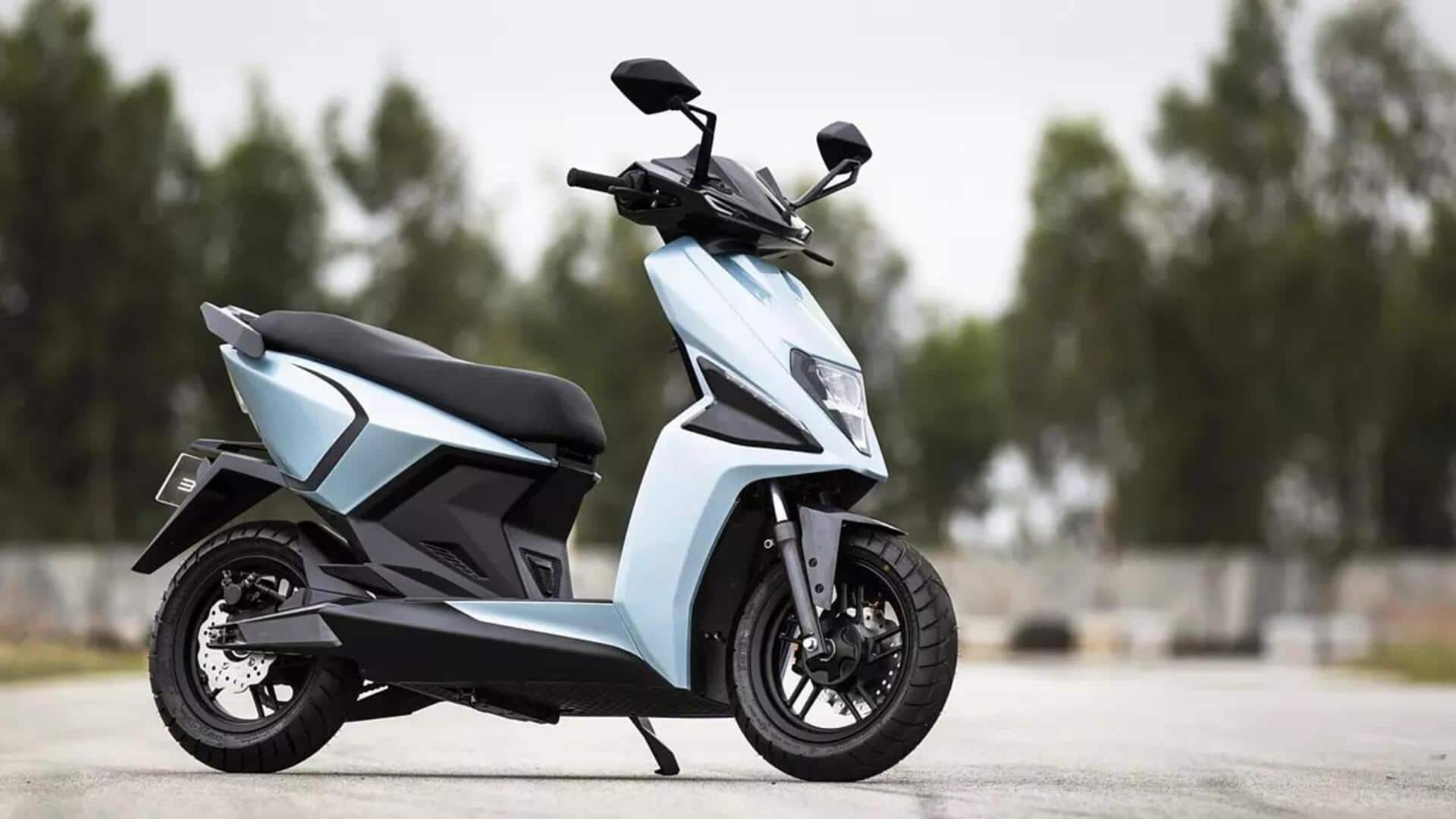
ARAI initiates crash tests on electric scooters in India
What's the story
In a significant move, the Automotive Research Association of India (ARAI) has conducted three separate crash tests on electric two-wheelers. The tests were performed at ARAI's facility in Pune, Maharashtra. This initiative is particularly notable as there are no globally mandated crash tests for two-wheelers. The decision to conduct these tests was prompted by multiple fire incidents involving electric scooters.
Test details
Crash tests conducted for specific OEMs
The crash tests were specifically conducted for certain Original Equipment Manufacturers (OEMs). However, ARAI has chosen not to disclose identities of the electric two-wheeler makers who requested these tests. The testing was performed against standard industry benchmarks using accelerometers and high-speed cameras. The crash tests included a standard rigid barrier and a side pole impact assessment. This move by ARAI could potentially lead to the establishment of safety standards for electric two-wheelers in India.
Regulatory actions
Indian government introduces battery safety norms
In response to the fire hazards associated with electric scooters, the Indian government has introduced battery safety norms. These regulations aim to prevent OEMs from using low-quality and cheap batteries in electric two-wheelers. This action follows numerous instances where companies have used generic import kits to quickly produce an EV. There is speculation that if crash tests for electric two-wheelers are mandated, it could expedite the adoption of electric mobility in India. Currently, India's electric vehicle penetration stands at 5%.